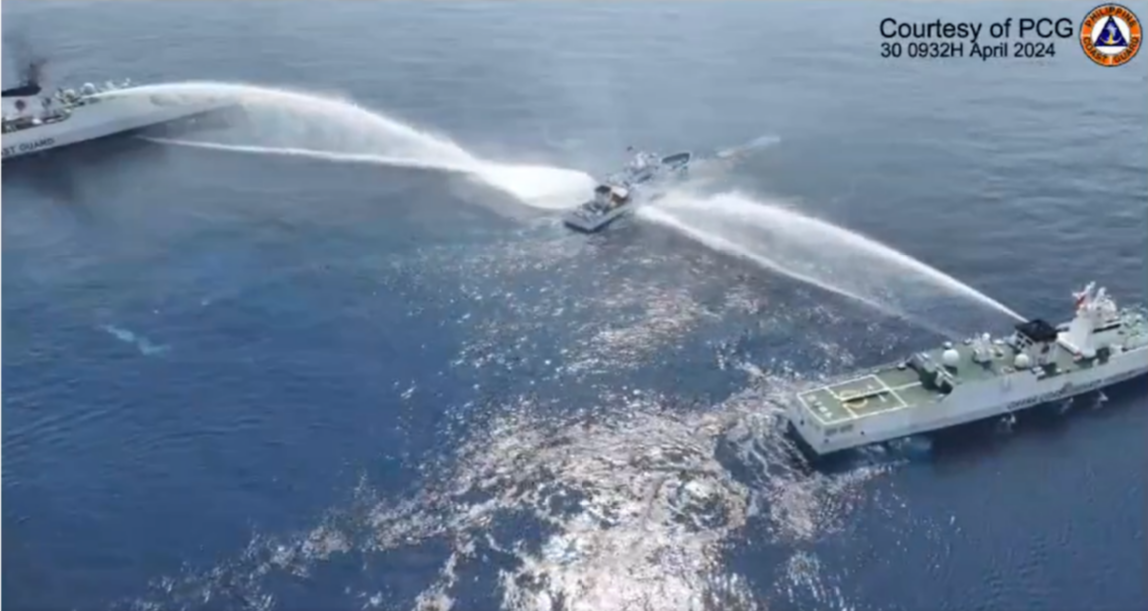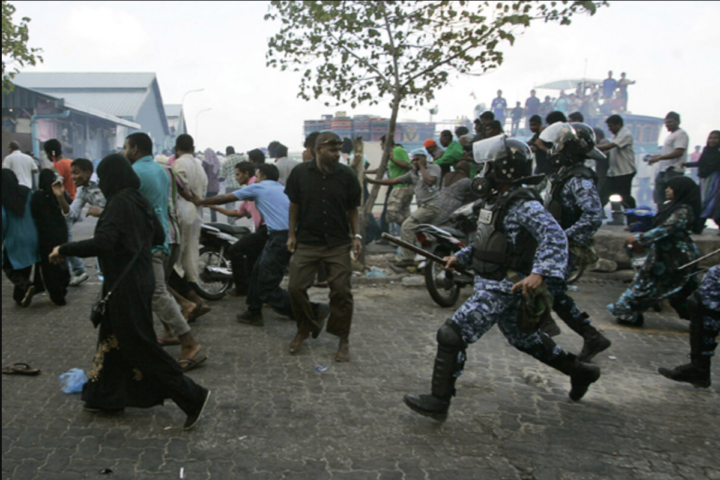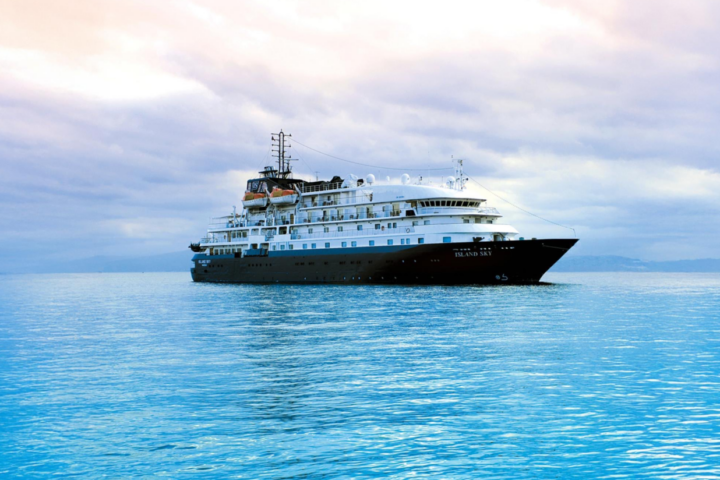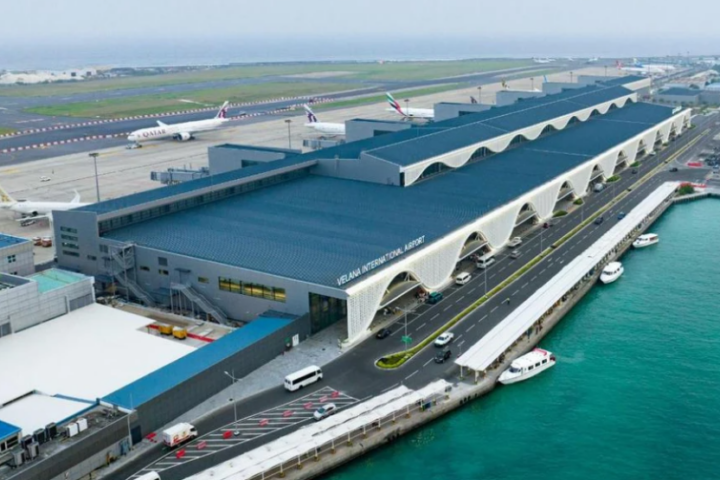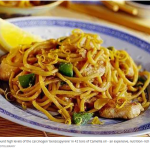Tensions in the South China Sea (SCS) are set to escalate further after a Chinese ship rammed a Filipino vessel, while two other ships were targeted with water cannons. Beijing’s actions signal its intention to use physical coercion rather than adhere to diplomatic negotiations. The Philippines accused China of “deliberately” ramming its vessel. China was accused of disturbing the peace and stability in the region, as different countries became vocal in denouncing the increasing Chinese offensive.
A few days ago, the Chinese Coast Guard (CCG) attacked the vessel named BRP Datu Pagbuaya, which was tasked with assisting the fisheries fleet in the Philippines-occupied Thitu island, part of the disputed Spratly Islands. Also, a Chinese vessel was video-graphed spraying water on two other Filipino ships near Thitu island, injuring on-board personnel and damaging equipment. All these manoeuvres pointed to China employing aggressive tactics to exert control in the disputed areas in the South China Sea.
The Philippines said China’s bullying tactics and aggressive actions cannot intimidate it or drive it away from its territory. “The harassment we faced today only strengthens our resolve,” Philippine coast guard commandant Admiral Ronnie Gil Gavan said. “Filipino fisherfolk depend on these waters and neither water cannons nor ramming will deter us from fulfilling our commitment to President Ferdinand Marcos to not surrender a square inch of our territory to any foreign power.”
The United Nations Convention on the Law of the Sea (UNCLOS) has rejected the Chinese claim of “nine-dash line” – which translates into its control over 90 percent of the South China Sea. Yet, Beijing has continued to enforce its claims through maritime aggression and military threats. While almost all stakeholders in the South China Sea– most of the ASEAN countries and Taiwan—— remained cautious in dealing with China, the Philippines chose to confront it.
The evident support from the US-led Western bloc and Asian powers, like Japan and India, has encouraged Manila to stand up to Chinese bullying and assert its control over its maritime territory. “This deterrence architecture that’s really meant to send the signal to China in a coordinated way that the Philippines isn’t alone… This is a united approach. It’s going to be much harder to pressure any individual actor as long as that architecture is in place,” said Rosie Levine, senior program analyst at United States Institute of Peace.
Even though the ASEAN countries chose to maintain neutrality and refrained from supporting the Philippines over South China Sea disputes, Manila could remain strong thanks to growing international support, said Chester Cabalza, President of the International Development and Security Cooperation (IDSC). “Imagine, we have 14 countries that observed us in the last Balikatan (US-Philippines military) exercises. That was the first time that it happened,” he said. “Meaning even if we are not supported by ASEAN now, the whole world believed in us. They want to have strategic alliance and partnership with the Philippines.”
The US condemned the recent Chinese belligerence in the South China Sea and extended its support to the Philippines. “We stand with our Philippine allies as they confront China’s dangerous actions which undermine regional stability,” the US State Department said. Its spokesperson Tommy Pigott said China’s coercive actions continued to “undermine regional stability and fly in the face of its prior commitments to resolve disputes peacefully”, even as he pledged to extend military support to the Philippines under the 1951 United States-Philippines Mutual Defence Treaty.
Another strong condemnation came from the UK. The British Embassy in Manila expressed concerns over the physical aggression shown by the Chinese Coast Guard. “We call for an end to dangerous tactics in the South China Sea and urge respect for international law and the peaceful resolution of disputes,” it said. Japan said it was “seriously concerned” about the repeated dangerous Chinese actions. “Japan upholds the rule of law and opposes any actions which increase tensions,” said the Ambassador of Japan in the Philippines, Endo Kazuya.
New Zealand said the “dangerous” Chinese actions of ramming the Filipino vessel and using water cannon endangered “lives at sea and risks increasing tensions”, even as it sought a peaceful resolution of disputes in accordance with UNCLOS. Australian Ambassador to Manila Marc Innes-Brown called the recent Chinese actions “dangerous” and urged Beijing to resolve the disputes “peacefully in accordance with international law.” The European Union too expressed concerns over “further” destabilisation in the South China Sea, even as it asked Beijing to show “restraint and full respect for the rules-based international order”, and upheld freedom of navigation.
